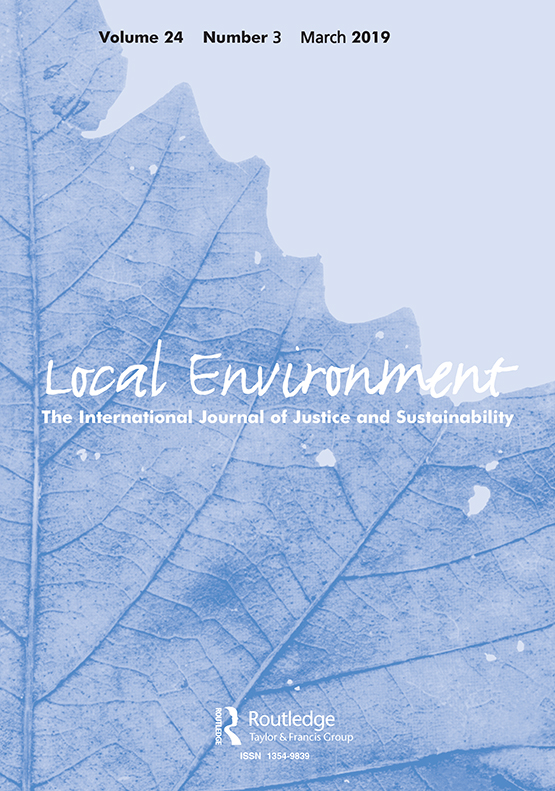A sample of 873 residents of Accra, Ghana, and 504 residents of the state of New Jersey, USA, stratified by type of neighbourhood was gathered in order to determine the sources of information residents rely on for accurate information about their neighborhoods. In both countries residents relied most heavily on personal contacts, television and radio, and much less on community organisations. Residents who rely on many sources for reliable information tend to have lived in their neighbourhood for a long time and to be more engaged in neighbourhood activities than those who reach out to fewer sources. Those who rely on secular community organisations tend to mistrust science, experts and local officials. Those who rely on faith-based organisations are much more trusting of local officials but are even less trusting of science and experts than their counterparts. The implications of these results for building and sustaining community organizations are discussed.
